
Interventional
Pain Management
Kyphoplasty For Vertebral Compression Fractures

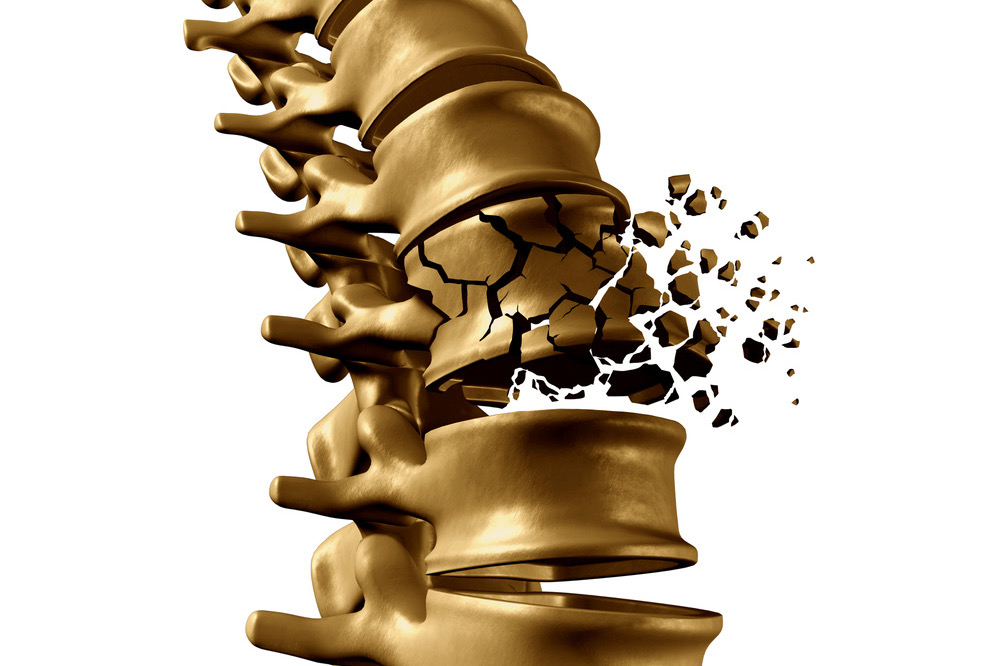
Vertebral compression fractures most often occur in those with osteoporosis. However, car accidents and sports injuries can also leave you with these spinal fractures. As a result, you may be dealing with chronic back pain or you may even hunch over. While our Victoria, and Sugar Land, TX, interventional pain management physicians, Dr. Wilson Almonte and Dr. Ted Lin, can certainly provide you with a wide range of nonsurgical treatment options, sometimes kyphoplasty, a minor surgery, is necessary.
What is a vertebral compression fracture?
In order to understand how kyphoplasty works you first need to understand what is going on when there is a vertebral compression fracture. Our spines consist of bones that help with shock absorption every time we move. Everything from osteoporosis to a bad accident can lead to a fracture in one or more of the vertebrae. In some cases, part of the vertebra may even collapse.
If you notice any of these symptoms after a severe accident or injury, or if you’ve been diagnosed with osteoporosis, it’s important that you see your nearest pain specialists right away for an evaluation:
- Sudden back pain
- Pain that gets worse when walking
- Pain that is alleviated or lessens when lying down
- Pain when sneezing or coughing
- Pain when bending or twisting
- Tenderness in certain areas of the spine
It’s important to have your spine properly evaluated for a compression fracture, as untreated or improperly treated fractures of the spine can lead to permanent spinal deformities and nerve damage.
When is kyphoplasty recommended?
In most cases your doctor will create a treatment plan that contains a variety of nonsurgical treatment options including bed rest, wearing a back brace, and undergoing physical therapy. You may want to consider kyphoplasty for treating a vertebral compression fracture if:
- You have osteoporosis
- Your compression is due to bone cancer or cancerous tumor
- You are elderly
What is a kyphoplasty?
This is a minimally invasive procedure in which a small incision is made in the back. Then a balloon is directed through a catheter that has been placed in the fracture using guided imaging. The balloon will be inflated to move the fractured bone back into place. Once the balloon is removed, your doctor will fill the vertebra with cement to rebuild strengthen and reduce pain in the spine. It is a same-day procedure with a short recovery time.
Many vertebral compression fractures will heal on their own with time. If your back pain doesn’t go away it’s time to turn to your Victoria, and Sugar Land, TX, interventional pain specialists, Dr. Almonte and Dr. Lin. to discuss whether kyphoplasty is right for you. Call Victoria Pain & Rehabilitation Center, at (361) 575-2882, or Brazos Pain Management, at (281) 240-4300 to schedule an appointment.
Our Practices Interventional Pain Management News
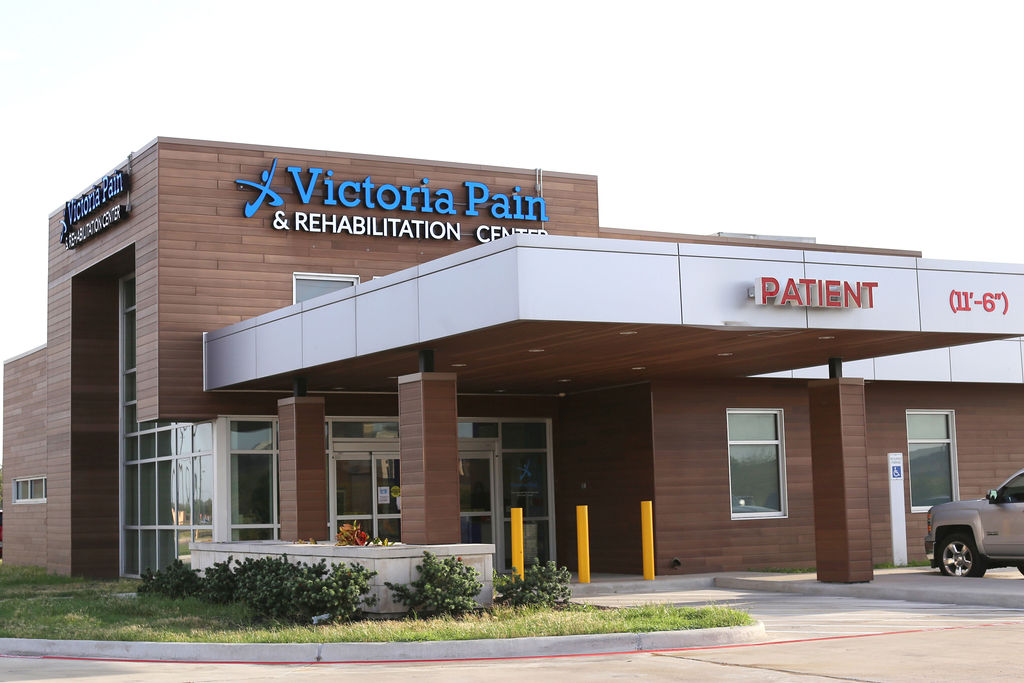
Voted Best of the Best 2021 by Victoria Advocate
Two years in a row, our Physical Therapy Department at Victoria Pain and Rehabilitation Center has been voted Best of the Best in the Victoria Advocate by our patients and community.
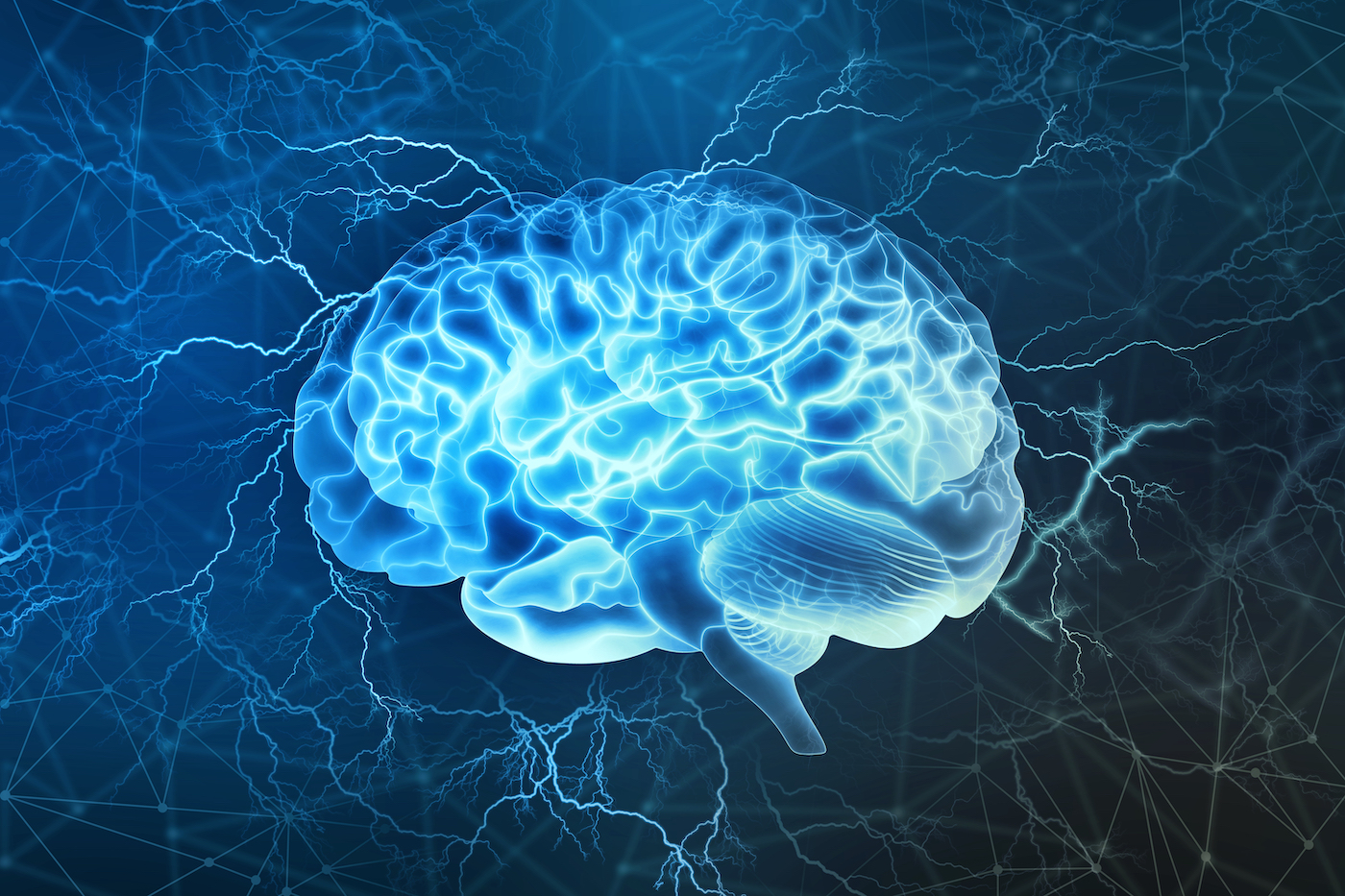
Tailored Physical Therapy for Parkinson's Disease
We pride ourselves on offering amazing long-term support and helping patients and their families navigate life with Parkinson’s disease.
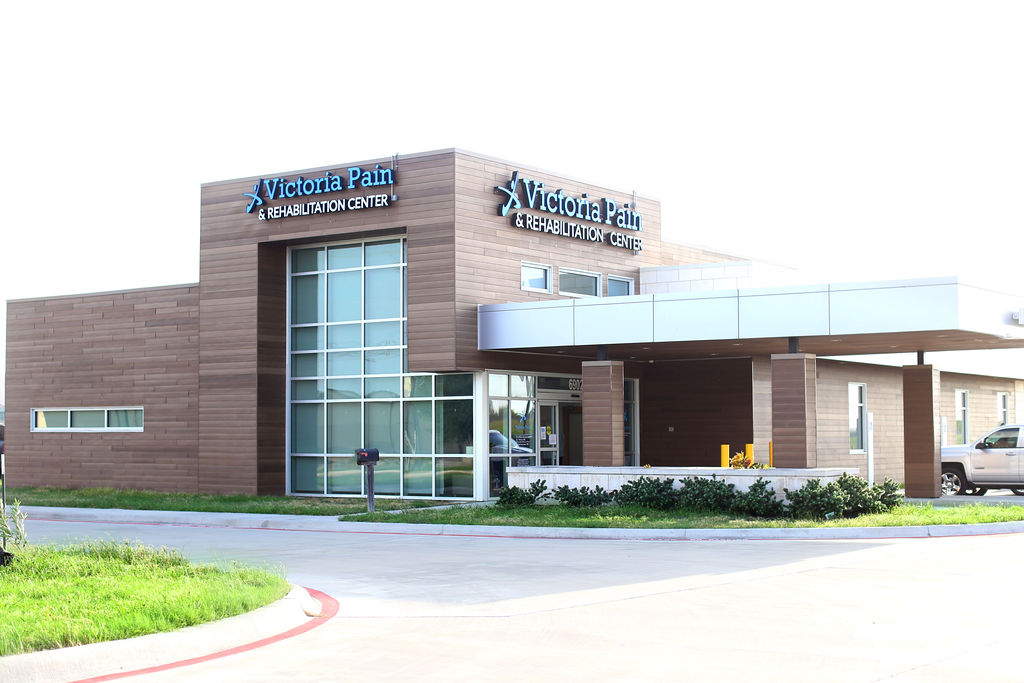
Voted Best of the Best 2020 by Victoria Advocate
In 2020, the Physical Therapy Department was voted Best of the Best by the Victoria Advocate!

Helping You Manage Joint Pain With Physical Therapy
Whether your joint pain is due to arthritis or an acute condition such as tendinitis, you could benefit from physical therapy.

Dealing With Back Pain Even After Back Surgery?
Dr. Wilson Almonte and Dr. Ted Lin provide other solutions to help get your back pain under control, even after failed back surgery.
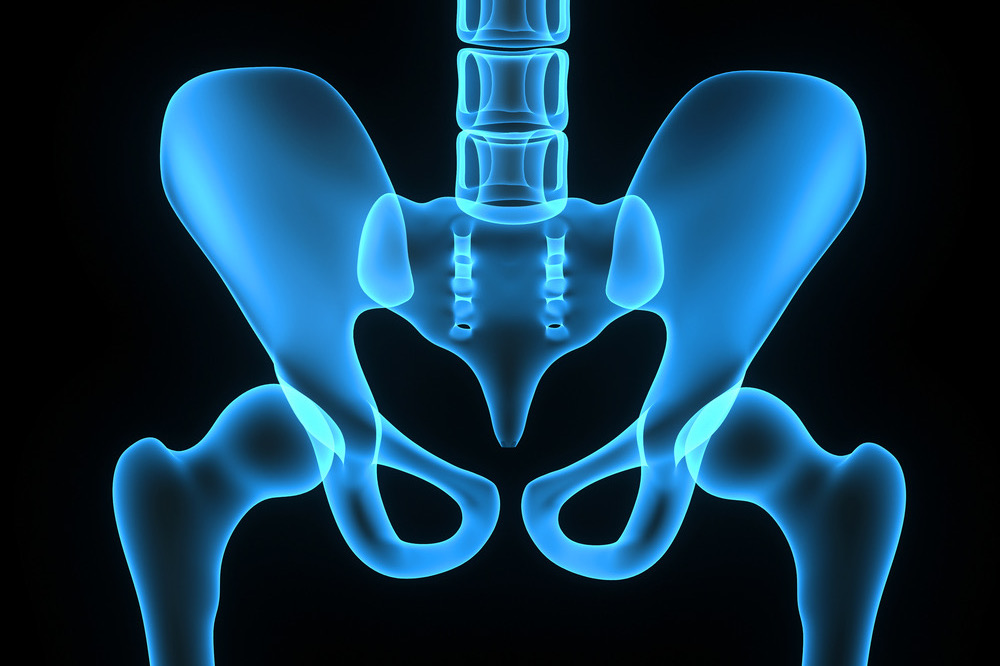
Discover Ways Our Pain Specialist Can Help Alleviate Your Hip Pain
Dr. Wilson Almonte and Dr. Ted Lin, can step in and provide you with a wide range of non-surgical solutions to manage your pain without resorting to surgery.

Kyphoplasty For Vertebral Compression Fractures
Vertebral compression fractures most often occur in those with osteoporosis. However, car accidents and sports injuries can also leave you with these spinal fractures. As a result, you may be dealing with chronic back pain or you may even hunch over.
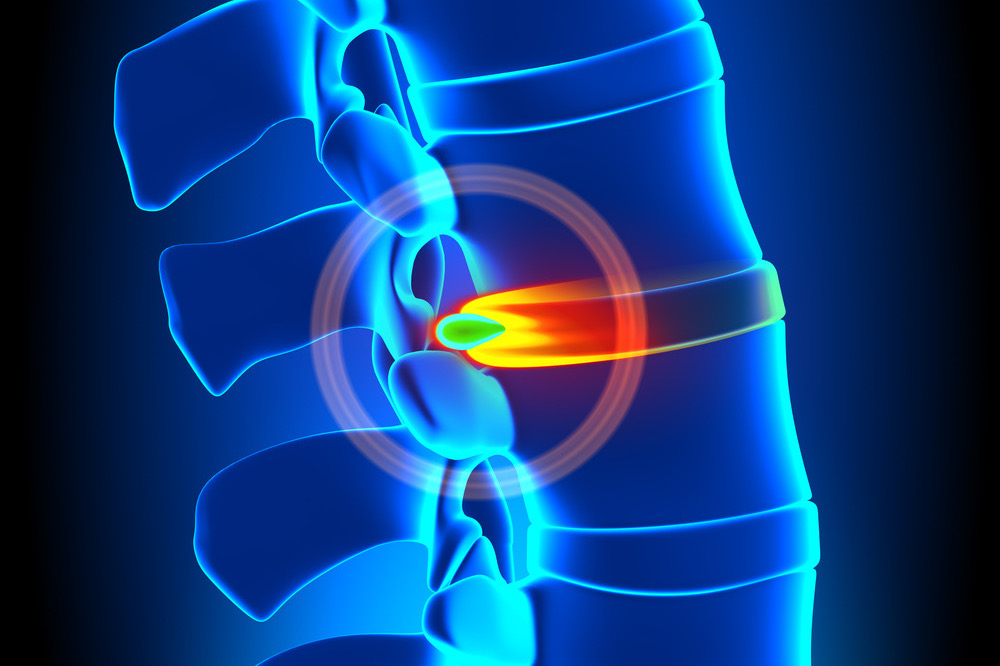
Finding Treatment For A Herniated Disc & Types of Treatment
Your vertebrae are cushioned by round discs with a protective outer layer. A herniated disc occurs when a fragment of the disc nucleus is pushed out of that outer layer, into the spine.

Learn What causes sacroiliac joint dysfunction
Dysfunction or inflammation of the sacroiliac joint, or SI joint, can often lead to pelvic or lower back pain. Since so many conditions and injuries can also lead to pain in the pelvis or lower back, it can be a bit difficult to pinpoint when the SI joint could be the cause.
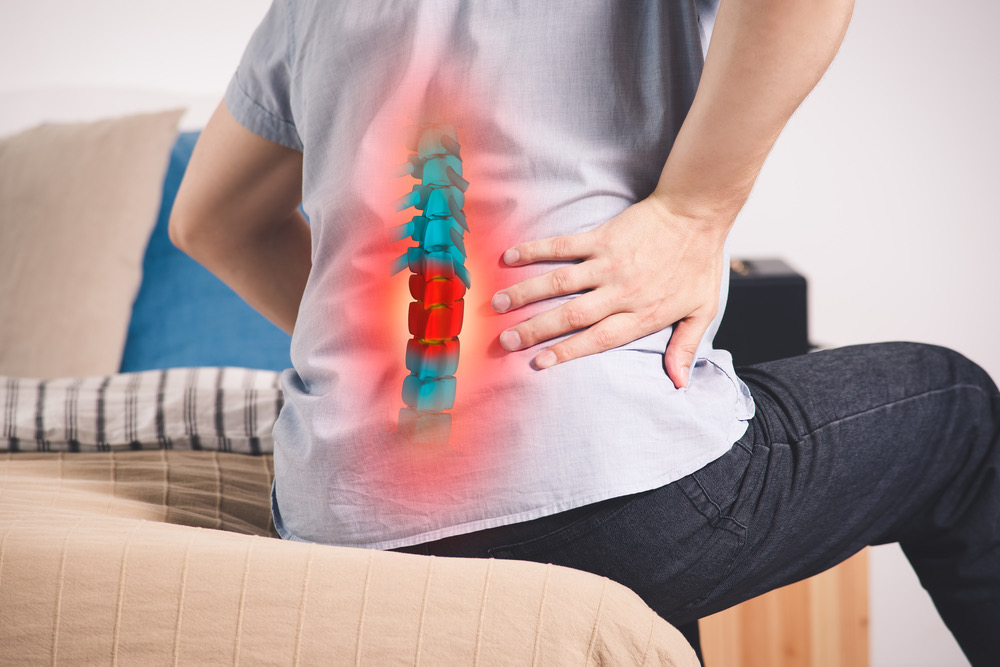
Dealing with Degenerative Disc Disease?
This condition occurs over the years, as a result of constant motion and stress on the spine. This normal wear and tear can lead to deterioration of the discs of the spine, particularly the neck and lower back. This is something that can and often does get worse as we get older.
